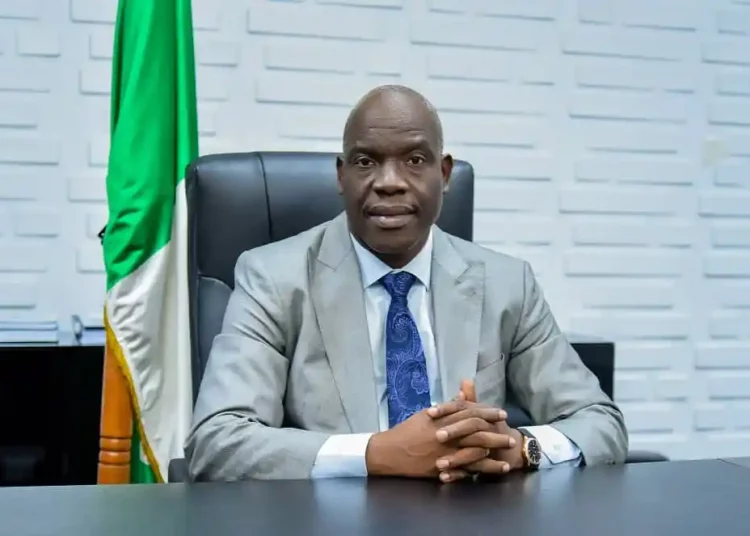Nigeria is preparing to persuade the Organisation of Petroleum Exporting Countries (OPEC) to increase its oil production quota as the country’s crude output recovers from years of decline.
The chief executive of the Nigeria Upstream Petroleum Regulatory Commission (NUPRC), Gbenga Komolafe, said the country is focused on ramping up production to meet budgetary targets before formally engaging OPEC for a quota review.
“Nigeria is occupied with increasing production first to meet its budget aspiration and will then engage with OPEC to raise the nation’s quota,” Komolafe stated.
Nigeria’s crude oil production rose to 1.48 million barrels per day (bpd) in December 2024, just below its OPEC quota of 1.5 million bpd.
This marks a sharp recovery from a low of 1.1 million bpd in 2022 when widespread theft and vandalism crippled the country’s oil infrastructure.
Efforts to strengthen security and attract investments have been pivotal in reversing the decline, with the government projecting production to reach two million bpd, the highest in a decade.
In 2022, theft and sabotage plagued key infrastructure like the Trans-Niger Pipeline, which was illegally tapped in over 150 locations. Producers received only a fraction of the oil transported through the system.
The Nigerian National Petroleum Company (NNPC) has since implemented measures to address these challenges, including establishing a real-time production monitoring command centre and engaging local communities to protect pipelines.
“These measures are starting to bear fruit, though at significant cost,” said Ifeanyi Onyegiri, a senior analyst at Welligence. Analysts believe that if Nigeria can sustain these improvements, it may successfully negotiate a higher quota with OPEC.
Despite the progress, experts warn that maintaining security across the vast Niger Delta pipeline network remains a major challenge. “The main bottleneck is whether the vandalism issue can be fixed in a sustained way,” said Pranav Joshi, an analyst at Rystad Energy.
Domestic oil companies have also played a key role in the recovery.
Nigerian-owned firms such as Seplat Energy and Oando have increased investments, with Seplat aiming to more than double its production to 120,000 bpd following the acquisition of ExxonMobil’s onshore assets. Similarly, Oando plans to boost its output to 100,000 bpd in the coming years.
Komolafe noted that drilling activity has tripled in the past four years, reflecting renewed confidence in the sector. However, Nigeria’s ambitious plans to surpass 2 million bpd may put it on a collision course with OPEC, which has sought to enforce production limits to stabilise global oil prices.
Recent developments within OPEC suggest a mixed precedent. While Angola left the cartel in 2023 after rejecting tighter output restrictions, the United Arab Emirates successfully negotiated a higher quota in 2024, citing increased production capacity.
Given Nigeria’s fiscal constraints and the urgent need for revenue, analysts suggest the country may prioritise increased production over strict adherence to OPEC quotas. “Nigeria’s current fiscal situation provides strong incentives to exceed its OPEC limit, as incremental revenue directly impacts the budget deficit,” said Dipo Ogunbiyi, an energy analyst at Renaissance Capital Africa.





